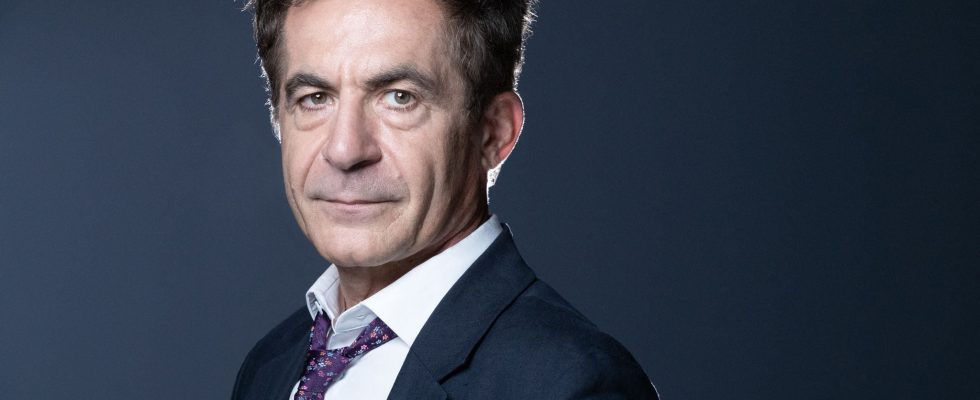Today, the emergency has liquefied: it is infiltrating everywhere, faster and faster. So, deploring that our agendas are oversaturated, seeing that we have become a sort of cyber-Gideon or turbo-Snipe, noting that everything is rushing, starting with ourselves, we exclaim: “Time is speeding up!” As if the dynamics of time matched those of our trepidations, or that it was running after us, all angry, armed with a pitchfork or a pike. Above all, as if time could be given speed and even acceleration. A speed expresses the way in which a certain quantity varies over time. But then, how can we define the speed of time? We should be able to express how much the course of time shifts in relation to… the course of time! That would make little sense. Time has no speed and it does not accelerate: a second today has exactly the same duration as a second twenty or thirty years ago.
Reading Patrick Boucheron’s latest book (Remaining time) made me discover the existence of a text by Stefan Zweig, Fishermen on the banks of the Seine, written during the war, in 1941. The anecdote takes place on the day of the execution of Louis XVI, January 21, 1793. A few hundred meters from the Place de la Révolution, today Place de la Concorde, where the scaffold stands, men sit on the banks of the Seine fishing with lines. Paying attention only to the movements of their cork, they do not even deign to turn their heads when the clamor of the crowd signals that the King has just lost his head.
Zweig, who read this story in The Gods are thirsty by Anatole France when he was still a teenager, explains that he took it for a pure invention: who would not be interested in History when it unfolds within sight? But, he adds, the current war makes me experience the impossibility of intensely experiencing all the events at the same time, including the most decisive. This is why I can now understand the fishermen on the banks of the Seine: they had good reasons to be tired and tired by four years of Revolution, and no doubt wanted to forget their era rather than take part in it, to concentrate on their “daily, silent, personal and discreet activities”.
Need to let events slide
Because as many of us as we are, we only have one heart, “a small, narrow heart which can only contain a certain dose of misfortune”, even when so-called “historical” events occur at high rates. In short, “we do not have enough strength, we do not have enough compassion to follow with an open heart, day after day, hour after hour, all these events that are rushing forward.” Hence our need, sometimes, to let events pass by acting exactly as if they were not happening, to take refuge in some quiet and protective elsewhere. Our brain, overwhelmed, would be incapable of encoding them anyway.
A few months later, at the end of 1941, shortly before his suicide, Stefan Zweig made an observation which appears to be another key to the matter: “Technology has not brought upon us a worse curse than by preventing us, even for a second, from escaping the present.” What wouldn’t he say if he came back among us? Crises of all kinds, wars here and there, carnage, threats, blown-up news stories, there are in fact so many things happening that, constantly alerted and dizzy, we no longer even know where to turn from the catastrophe.
Especially since modern forms of communication have been transformed into a vast polyphony of insignificance, creating a transience that they constantly renew and promoting trifles as the epic of the human race. Locked in the permanent absorption of the hic et nunc, we lose the intellectual means to discern what general landscape is emerging today. What is being built? What is destroyed? Because to glimpse it, we would have to occupy a topologically impossible place: to be, on the one hand, riveted to events, and on the other hand withdrawn from them, away from the intensity of the present, quietly sitting on the banks, no longer of the Seine, but of the too fiery flow of current events. Wouldn’t that be too much to ask of our minds?
Etienne Klein is a physicist, research director at the CEA and philosopher of science
.
